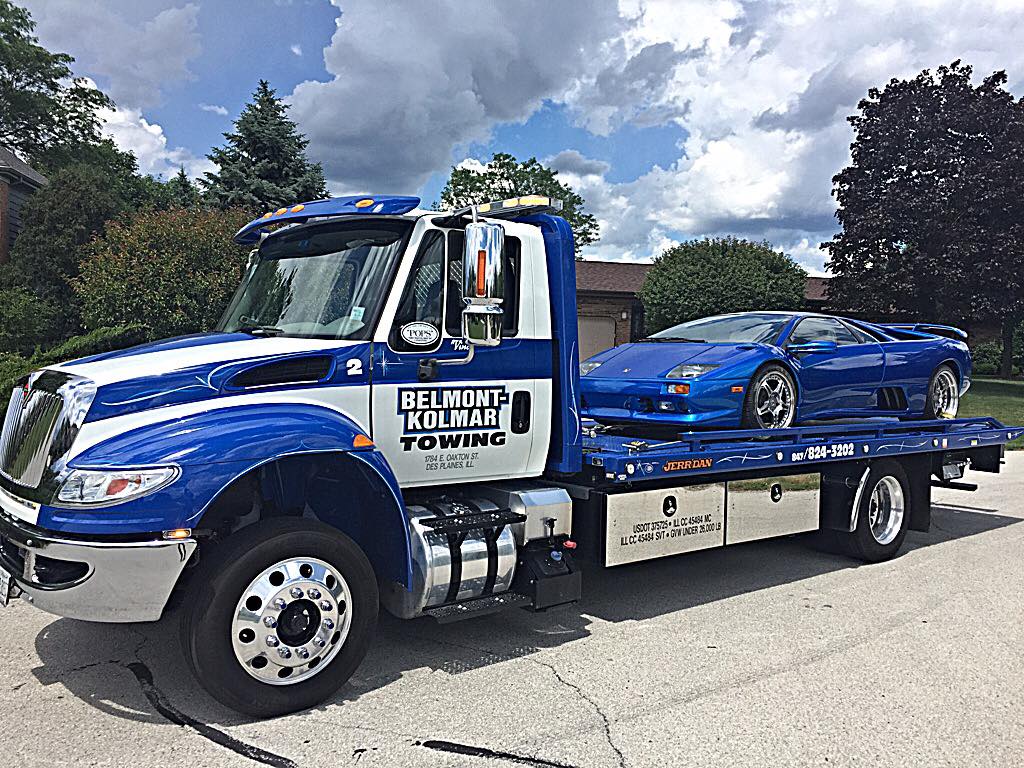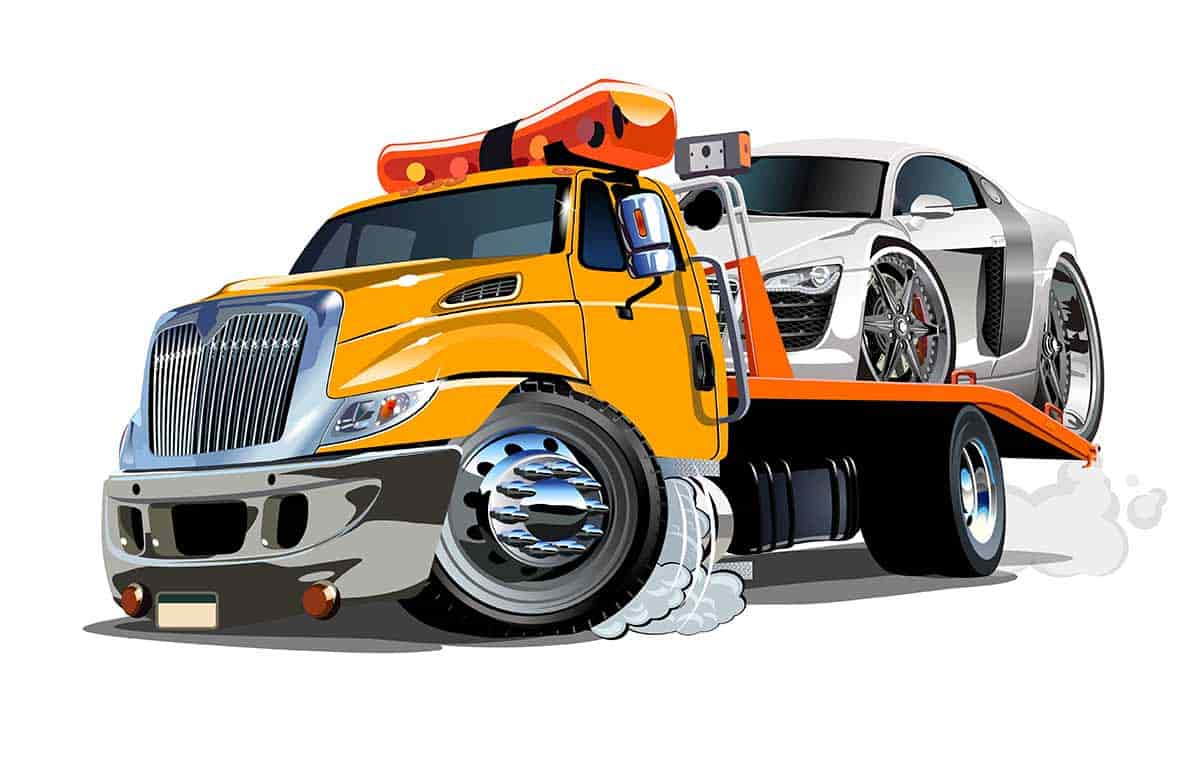Quick Response Roadside Assistance Severance, CO
Fast Roadside Assistance Services Available Ault, CO
When it comes to towing, understanding the different towing truck sizes is crucial for making certain that the right car is chosen for the task at hand. Comprehensive Towing Services for All Vehicles Estes Park, CO. Towing trucks are available in varied sizes and capacities, which immediately influences their ability to soundly transport autos, trailers, and heavy masses
Many elements play a significant role in determining the suitable size of a towing truck. The sort of cargo being moved, the distance concerned, and specific state or federal regulations are all important. For occasion, towing a small car requires far much less muscle than moving a large RV or a industrial automobile.
Light-duty towing vans are often the primary alternative for personal use. These vehicles are designed for smaller jobs, corresponding to transferring compact automobiles or light trailers. They usually have a towing capacity ranging from a few thousand pounds up to around 10,000 pounds. This makes them suitable for particular person car recovery or for transporting lighter hundreds over shorter distances.
Medium-duty towing trucks take it a step additional, encompassing a broader vary of capabilities. These vans normally have a towing capacity of approximately 10,000 to 26,000 pounds. They are ideal for towing bigger vehicles, similar to vans or bigger trailers, and may even accommodate light industrial vehicles.
Expert Roadside Assistance for All Vehicles Longmont, CO
Heavy-duty towing vans characterize the top tier of towing capacity. These beasts can deal with loads exceeding 26,000 pounds and are sometimes utilized in scenarios that require heavy lifting. Transporting buses, giant construction equipment, and oversized trailers falls underneath the heavy-duty category. With heavy-duty vans, safety and stability become crucial due to the burden and size of the masses being towed.
The class of towing truck also varies relying on the regulatory structure in place. The Federal Highway Administration (FHWA) outlines particular classifications that distinguish between light, medium, and heavy-duty vehicles. Understanding these classifications helps operators ensure compliance whereas also choosing the suitable truck for their towing needs.
Reliable Roadside Support Services Platteville, CO
Towing equipment also contributes to the effectiveness of every truck size. Beyond the truck itself, components like hitches, chains, and even specialized towing beds impression the general functionality. For medium and heavy-duty vehicles, enhanced braking systems are also essential to manage the elevated weight and ensure controlled stopping even when carrying heavy hundreds.
In city environments, where area may be limited, the scale of a towing truck becomes important as well. Smaller vans can navigate tighter areas effectively, while bigger vans would possibly struggle to maneuver via congested city streets. Sometimes, towing firms should consider not solely the scale but additionally the accessibility of the loads that need to be picked up and transported.
24/7 Towing Services Across the Region Drake, CO
Beyond practicality, the choice of towing truck size additionally reflects the sort of service supplied by the towing company. Companies focusing on emergency roadside assistance may typically lean towards light-duty trucks for his or her fleet, while those who cater to businesses or handle long-haul transportation would possibly require medium or heavy-duty options.
Cost is one other factor that influences the choice of towing truck sizes. Light-duty autos typically come with lower working prices however is in all probability not as profitable for corporations that usually take care of heavier loads. It's essential for towing companies to balance operational costs with the capacity needed to satisfy market demand.
Training and licensing additionally range with towing truck sizes. Operators of light-duty trucks often have totally different requirements compared to those who drive heavy-duty automobiles. Understanding the regulations for each truck class ensures that car operators are prepared and knowledgeable about the rules they must comply with.
Safety regulations may stipulate sure necessities for tow truck sizes. For closely loaded trucks, rigorous inspection protocols and upkeep schedules are essential to ensure that the towing equipment stays dependable and meets all safety requirements.
Fast Response for All Towing Needs Longmont, CO
The towing trade is not static; trends and advancements in technology continue to shape how companies select their fleet. Innovations in hitch know-how, weight distribution tools, and improved safety features are integrated into trendy towing automobiles, which allows even smaller vans to perform well beneath challenging conditions.

Each towing situation presents its distinctive challenges, making it important to evaluate the situation rigorously before choosing a towing truck size. A company that grasps these complexities not solely supplies higher service but in addition enhances the protection and satisfaction of its prospects.
Understanding the completely different towing truck sizes and their capacities can save time, cash, and even lives (Heavy Duty Vehicle Assistance Anytime Greeley, CO). Proper selection ensures that hundreds are dealt with effectively and safely whereas adhering to the required regulations. This information is crucial for tow operators, companies, and shoppers alike
Roadside Assistance for All Vehicles Platteville, CO
The decision around which towing truck size to choose on isn't just about capacity; it encompasses a variety of issues. Therefore, it's crucial for anyone involved in towing—be it a enterprise owner, operator, or consumer—to understand the nuances of towing truck sizes thoroughly. In the end, making informed selections results in safer operations and higher total outcomes for all events involved.

- Towing trucks are available in various sizes, starting from light-duty to heavy-duty, every fitted to various kinds of towing jobs.
- Light-duty trucks, usually categorized as Class 1 or 2, are capable of towing payloads of up to 6,000 pounds, best for smaller automobiles or trailers.
- Medium-duty trucks, categorised as Class 3 to five, can deal with loads between 6,001 and 26,000 kilos, making them suitable for commercial towing functions.
- Heavy-duty vans, classified as Class 6 and above, are designed to tow over 26,000 kilos, typically used for moving giant or industrial automobiles.
- The wheelbase of a towing truck can affect stability when towing heavy hundreds; longer wheelbases generally present better assist and handling.
- Engine size and horsepower play a crucial role in a towing truck's capacity, with bigger engines usually delivering enhanced towing performance.
- Payload ranking is important when selecting a towing truck, as it ensures that the car can safely carry both the trailer and its cargo with out exceeding limits.
- Specialized towing trucks could characteristic enhanced suspension methods to manage the stress of heavy masses, improving safety and control throughout towing.
- Understanding trailer weight and tongue weight is critical to figuring out the appropriate towing truck size for a selected job.
- Compliance with federal and native towing regulations is important, as different areas may have particular requirements pertaining to car weight limits and sizes.undefinedWhat are the completely different sizes of towing trucks available?undefinedTowing vans typically come in three major sizes: light-duty, medium-duty, and heavy-duty. Light-duty trucks can sometimes tow as a lot as 10,000 pounds, whereas medium-duty vehicles can handle between 10,000 and 26,000 pounds. Heavy-duty trucks are designed for masses exceeding 26,000 kilos.
How do I know what towing truck size I need?undefinedTo determine the best towing truck size, assess the burden of the automobile you plan to tow, together with any extra cargo. It’s important to factor in the Gross Vehicle Weight Rating (GVWR) of both the towing truck and the towed automobile to make sure safe towing.
Affordable Roadside Assistance Solutions Johnstown, CO
Are light-duty towing vehicles suitable for towing larger vehicles?undefinedLight-duty towing vans usually are not beneficial for bigger autos, as they might not have the required towing capacity or stability. Using a truck that exceeds its rated capacity can compromise safety and enhance put on and tear.
What’s the maximum weight for a medium-duty towing truck?undefinedMedium-duty towing vans typically have a most towing capacity ranging from about 10,000 to 26,000 kilos. This makes them suitable for medium-sized autos like vans and a few larger trucks.
Quick Towing Services in Your Area Severance, CO
Can heavy-duty towing vans be used for light-duty towing?undefinedYes, heavy-duty towing vehicles can handle light-duty towing duties; however, this is most likely not cost-effective. Using a heavy-duty truck for smaller loads could lead to inefficiencies in gas consumption and handling characteristics.
What components affect tow truck sizes?undefinedSeveral factors have an result on tow truck sizes, including the car's weight, the kind of towing required (flatbed, dolly, and so on.), and the terrain. These concerns help decide the most applicable truck size for the duty.
How can I guarantee my towing truck is safe for the load?undefinedTo ensure safety, confirm both the towing truck’s and the vehicle’s GVWR and ensure they're sufficient for the load. Additionally, proper hitching, securing loads, and regular truck upkeep contribute to safe towing practices.
Is there a authorized restrict for towing weights?undefinedYes, different regions have particular authorized limits for towing weights primarily based on components like vehicle class and licensing. It is crucial to seek the advice of native regulations to comply and ensure safe towing practices.
Reliable Towing Services Nearby Platteville, CO
Do towing truck sizes affect insurance premiums?undefinedYes, the scale and kind of towing truck can impact insurance premiums. Generally, bigger, heavy-duty vehicles could have higher insurance costs as a result of increased danger and potential legal responsibility related to towing heavier loads.
click here to find out more click for more